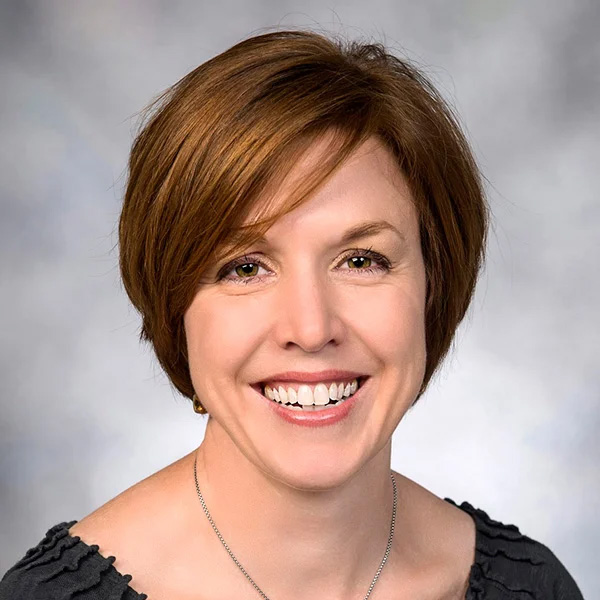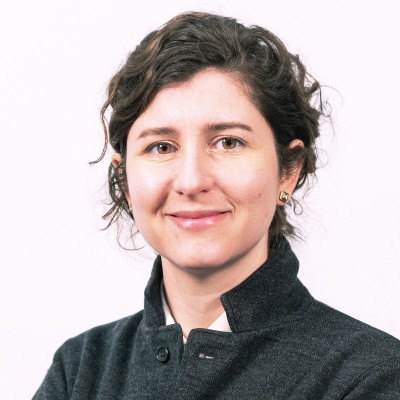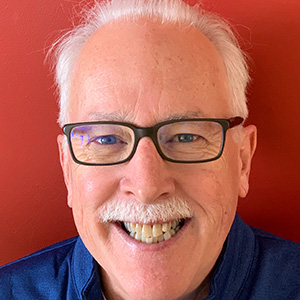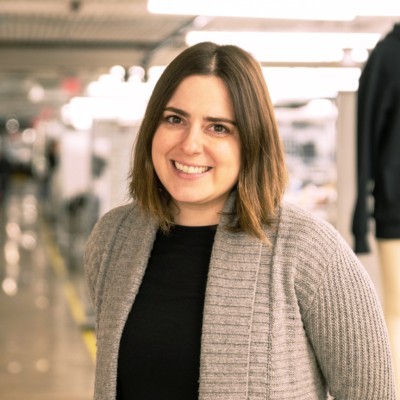
Future Threads 2: Pioneering Assistive Fabrics for Movement, Training, and Performance
Future Threads 2: Pioneering Assistive Fabrics for Movement, Training, and Performance
The three-part webinar series explores grand challenges for assistive fabric-based wearables across domains of movement assistance, training, worker safety, sports, and space exploration. Thought leaders and stakeholders explore the potential for advanced textiles and fabrics to revolutionize wearables through a series of short presentations and moderated panel discussions.
This second webinar will focus on the theme of physical work and training.
Organized by Michigan State University; Stanford University; Rice University; University of Nevada, Las Vegas; and Northwestern University.
Moderator

Marcia O'Malley
Chair, Department of Mechanical Engineering, Thomas Michael Panos Family Professor in Mechanical Engineering, Rice University
Panelists (in order of presentation)

Rachael Granberry
Rachel Granberry is a Research Scientist at Meta in Redmond, Washington, where she develops haptic gloves and wrist-based wearables for the future of interaction in augmented and virtual reality. She has worked with teams to unlock on-body performance across a range of wearables, including wearable robotics and passive assistive devices, at the Wyss Institute at Harvard University, and dynamic compression devices at the University of Minnesota in partnership with NASA.

Mark Strolle
Mark Strolle is a Program Presenter at Michigan State University School of Human Resources and Labor Relations. He was previously a representative and administrative assistant to the president of the United Auto Workers in Detroit, Michigan. He has a Masters in Labor Relations and Human Resources from the Michigan State University School of Human Resources and Labor Relations.

Alan Asbeck
Alan Asbeck is an Associate Professor at Virginia Tech and Chief Science Officer at Element Exo, Inc. His research centers on building human-assistance devices and on understanding how to make them work most effectively with the body. His goal is to help people to regain capabilities they have lost, or enable people to perform feats that were not previously possible. His company, Element Exo, designs and develops lightweight and approachable exoskeletons that make lifting and bending easier while reducing the risks of overuse injuries for workers who perform repetitive lifting tasks. The Element Exoskeleton is based on research at the Assistive Robotics Lab at Virginia Tech developed through a partnership with Lowe's Home Improvement to design a wearable device that makes life better for industrial workers.

Diana Wagner Elinoff
Diana Wagner Elinoff is a Principal Softgoods Designer and Developer at ZOLL Cardiac Management Solutions. Her role within R&D is to support existing production and future development of the ZOLL LifeVest. The LifeVest is a wearable defibrillator prescribed to patients at risk of sudden cardiac death. It is designed to detect certain life-threatening rapid heart rhythms and automatically deliver a treatment to save a patient’s life. Diana works on garment designs that balance patient comfort with device function in equal measure. She was previously Director of Apparel Innovation at 99Degrees, a domestic apparel manufacturer where she worked with customers on wearable tech products that required integrated hardware/electronics and scalable solutions for manufacturing.